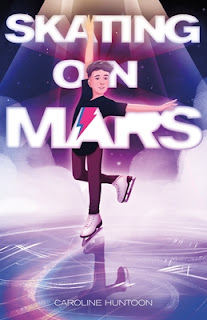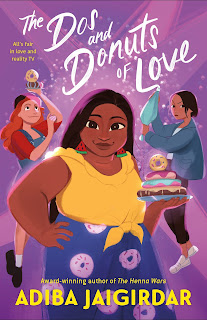Carole by Carole by Clément C. Fabre
Translated by Matt Madden
English translation published August 2023 via Europe Comics
★★★★
On the face of it, Carole is two brothers' quest to find their aunt's grave in Istanbul—an aunt who died shortly after birth. Their grandparents, who had long since left Istanbul and established themselves in France, had once tried to find the grave again, but it had seemingly disappeared.
It helped going into this to know that the grave is largely beside the point; the book is a much deeper exploration of culture and history (and history in the making) and family lore than a simple grave, located or lost to time, can offer. I'm reminded of I Want You to Know We're Still Here, in which the author seeks traces of a half-sibling lost to World War II—in both cases, the search for records provide perhaps a more concrete and longer-lasting record than there is anywhere else.
The art is great—the cover is very true to the rest of the book—and I love the way the relationship between Fabre and his brother is depicted. There's a lot of push-pull, with one brother more adventurous and comfortable in the unknown than the other, and even as they clash they clearly get each other. I particularly love that Fabre isn't interested in making himself the, or a, hero of this story; he has a great eye for the reality of the situation.
It helps, reading this, to be okay with somewhat ambiguous endings, but this is a good one. Highly recommend.
Thanks to the author and publisher for providing a review copy through NetGalley.

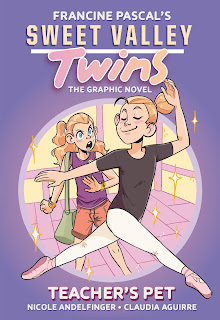
.png)


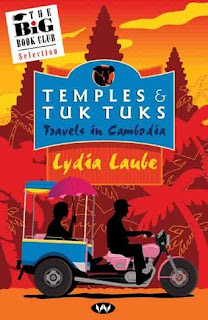





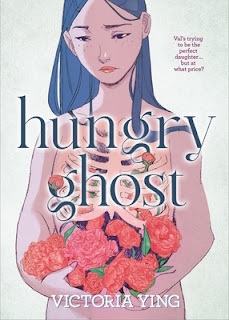
.png)




